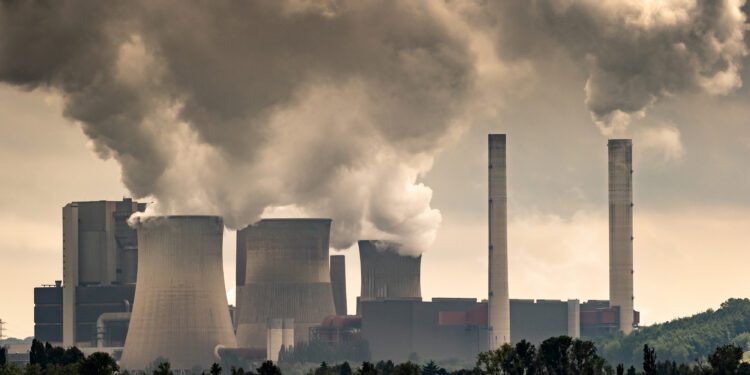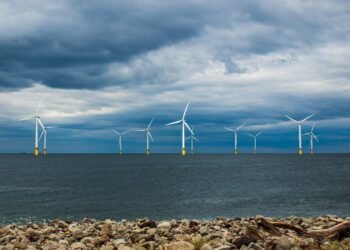The Group of Seven (G7) major democracies reached an agreement Monday to close their coal-fired power plants in the first half of the 2030s in a major step to move away from fossil fuels. The country’s energy ministers are expected to sign the official agreement today.
Around 16% of electricity in G7 countries—which consist of the United States, Canada, France, Germany, Italy, Japan and the United Kingdom—comes from coal. This agreement is a meaningful advancement in the direction proposed last year by the COP28 United Nations Climate Summit to transaction away from fossil fuels, of which coal is the most polluting.
Progress on the issue was previously blocked at prior G7 meetings by Japan, which derived 32% of its power from coal in 2023. Prior to the agreement, Japan was the only G7 country that didn’t have a commitment to move away from coal use.
“We do have an agreement to phase out coal in the first half of the 2030s,” said Andrew Bowie, a UK minister at the Department for Energy Security and Net Zero. “This is, by the way a historic agreement, something that we weren’t able to achieve at COP28 in Dubai last year. So, to have the G7 nations come around the table to send that signal to the world—that we, the advanced economies of the world are committed to phasing out coal by the early 2030s—is quite incredible.”












